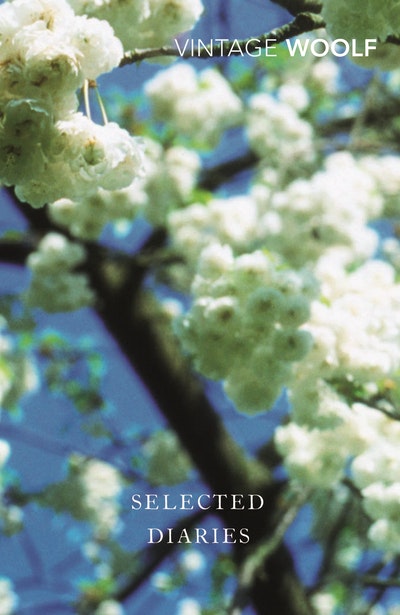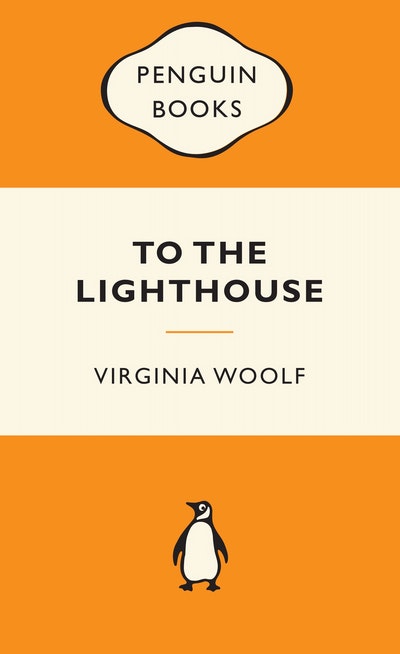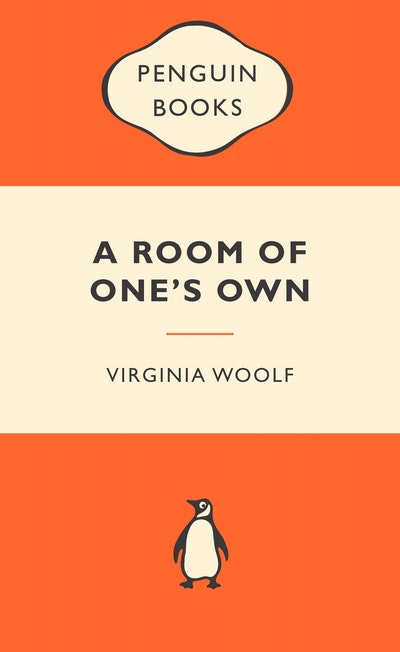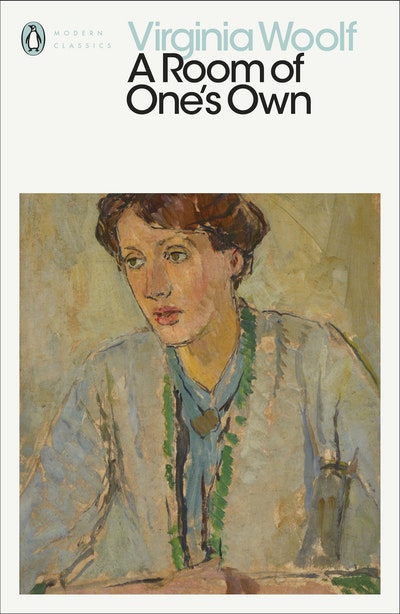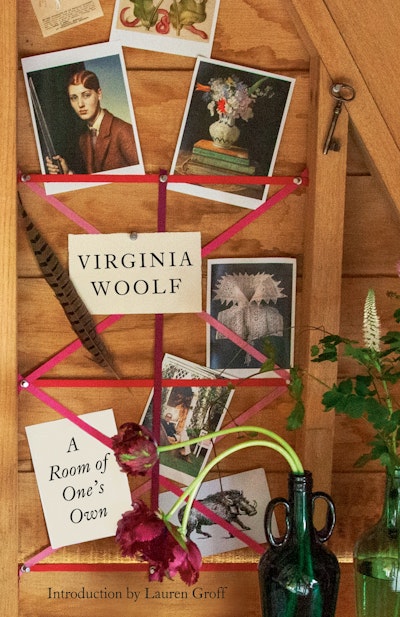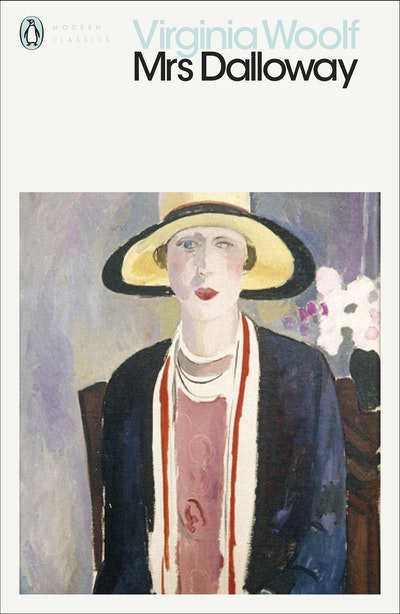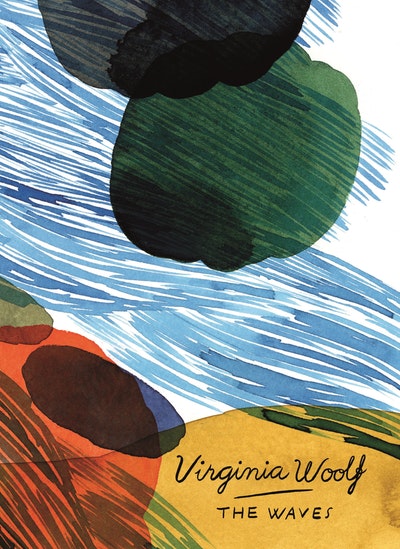[]
- Published: 1 December 2008
- ISBN: 9780099518259
- Imprint: Vintage Classics
- Format: Paperback
- Pages: 544
- RRP: $32.99
Selected Diaries
Buy from…
- Published: 1 December 2008
- ISBN: 9780099518259
- Imprint: Vintage Classics
- Format: Paperback
- Pages: 544
- RRP: $32.99
Her nephew Quentin Bell claims that the thirty volumes of Woolf's diary are a masterpiece.Anne Olivier Bell has reduced them to a single volume. It think it is still a masterpiece
A.S. Byatt, Evening Standard
One of the glories of our literature
Paul Levy
She made portraits exact, more clairvoyant, more living than those of any writer I know
P.N. Furbank
A work of the highest imaginative genius, with powers of perception and description unexampled in our time
Isaiah Berlin
More alive than most living voices
Claire Tomalin
I stick by the old heresy, that Woolf’s diary is her greatest achievement. An enthrallingly uncensored portrait of a brilliantly perceptive mind as it moves through a fascinating world in complex times
Alan Hollinghurst, New York Times
